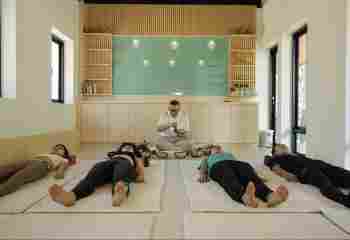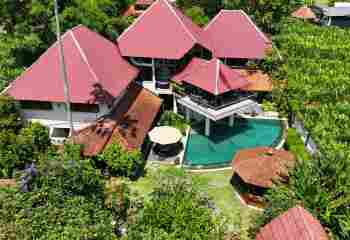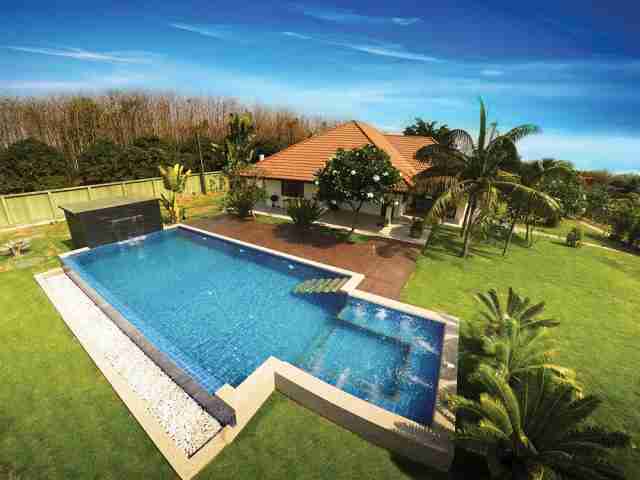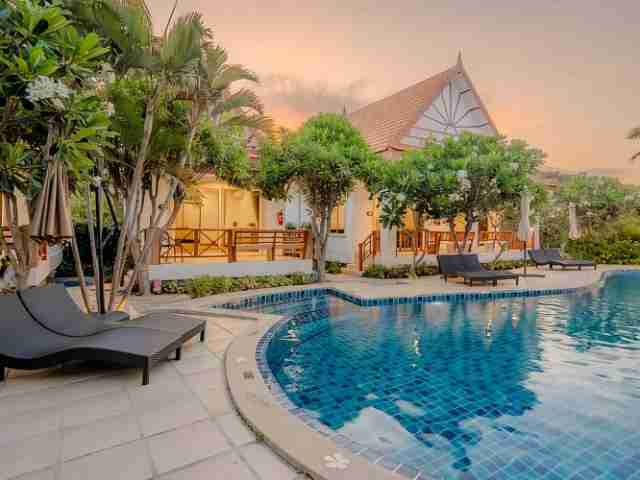More About Trauma / PTSD Treatment Centers
Trauma is an emotional response to a devastating event that manifests uniquely in each person. Each individual's experience and response to trauma can differ, and the impact of trauma can vary significantly from person to person.
Trauma can come in many forms. For some, it may be physical, such as a car accident. Others may experience emotional trauma, such as the death of a loved one or a divorce. Trauma can also be caused by a traumatic event, such as a natural disaster or a violent crime.
The emotional response to a traumatic event can cause fear, guilt, helplessness, and numbness. It can also lead to depression, anxiety, and post-traumatic stress disorder (PTSD).
Types of Trauma
Trauma develops in various forms and results from a wide range of experiences. Some examples of trauma include:
- Physical trauma: Trauma that occurs when a person experiences physical harm or injury, such as a car accident, physical assault, or natural disaster.
- Sexual trauma: Trauma that refers to any unwanted or non-consensual sexual experiences. It can have long-lasting psychological and emotional effects.
- Emotional trauma: Trauma that arises from distressing or overwhelming emotional experiences. It can result from various situations, such as the loss of a loved one, betrayal, emotional abuse, or witnessing traumatic events.
- Childhood trauma: Trauma that refers to experiences of abuse, neglect, or adverse childhood events. Examples include physical, sexual, or emotional abuse, neglect, parental substance abuse, or domestic violence.
- Psychological trauma: Trauma that stems from events or experiences that overwhelm an individual's ability to cope, leading to intense fear, helplessness, or horror. It can include traumatic events like war, terrorist attacks, or being a victim of a violent crime.
- Complex trauma: Trauma that occurs over time. It can be caused by multiple traumatic events, such as living in an abusive home or being exposed to violence in a community. Complex trauma can lead to long-term mental health problems, such as chronic depression, PTSD, and substance abuse.
- Developmental trauma: Trauma that occurs during childhood. Children need safety, consistency, and love, and when they do not receive that due to abuse or neglect, it can lead to difficulties in relationships, self-esteem, and behavior.
- Collective trauma: Trauma that affects an entire community. It can be caused by a natural disaster, a terrorist attack, or a genocide. Collective trauma can lead to grief, fear, and helplessness and can have long-term effects on a community.
Long Term Effects
Some potential long-term effects of trauma include:
- The onset of conditions like depression, dissociative disorders, and post-traumatic stress disorder
- Relationship challenges
- Physical health issues
- Disturbed sleep
- Self-esteem issues
Healing Your Trauma
Managing your trauma symptoms can be a complex and individualized process. Working with a licensed professional who’s experienced in trauma can help guide you through the healing process. They will provide you with appropriate tools, techniques, and support tailored to your specific needs. You may engage in talk therapies such as cognitive behavioral therapy (CBT) to learn how to replace unhealthy thought patterns with more affirming ones. Your therapist may also use treatment modalities that are specifically sensitive to trauma and avoid retraumatization. Some of these types of treatment are:
- Eye movement therapy
- Narrative therapy
- Trauma-focused CBT
- Cognitive processing therapy
You can also identify healthy coping mechanisms that help you manage your trauma symptoms, such as journaling, creative expression, practicing mindfulness, exercising, or seeking solace in nature. You can also engage in activities that promote your physical, emotional, and mental well-being. This may include regular healthy eating, a regular sleep schedule, practicing relaxation techniques, and participating in activities you enjoy. Creating a daily routine full of things that make you feel happy and healthy ensures a strong foundation for your recovery.
Some people with trauma may need a more intensive level of care to help monitor and manage their symptoms. When talking to your doctor, consider discussing which level of care best fits your needs:
- Outpatient (OP): You’ll meet 1-2x per week with your provider and others in treatment.
- Intensive outpatient (IOP): You’ll meet 3-5x per week for several hours at a time for more intensive care.
- Partial hospitalization (PHP): You’ll meet 5-7 times a week for a full day.
- Residential: You’ll live in a rehab for 28+ days and engage in treatment with a comprehensive staff and a community of peers.
- Inpatient: You’ll live in a treatment center or hospital-like setting and have 24/7 monitoring.
How to Talk to Your Provider About Your Trauma
Here are some ways to start talking with your provider about what you are experiencing, and your trauma.
- Prepare for the conversation: Take some time to think about what you want to discuss with your provider and make a list of any questions you may have.
- Express your feelings: Let your provider know if you feel nervous or scared about discussing your trauma. It is important to be honest and open about how you are feeling.
- Describe your trauma: Tell your provider about your experience with trauma, including any triggers or memories that may come up.
- Ask for help: Explain to your provider what kind of help you are looking for and any specific treatments or therapies that you may be interested in.
- Discuss next steps: Talk to your provider about any next steps you can take to address your trauma. This may include referrals to other providers or resources that can help.
Find Support for Trauma
Build your support system by surrounding yourself with empathetic people who can provide a listening ear and offer emotional support. Sharing your experiences with trusted friends or family members offers understanding and validation. Peer support can allow you to share experiences, learn coping strategies, and connect with others who have faced similar challenges. MyPTSD offers private online support groups and resources to patients and loved ones in recovery. There may also be in person support groups in your area, and you can find those by asking your primary care physician. For assistance finding a provider near you, call SAMHSA’s National Helpline at 1-800-662-HELP (4357), or text your zip code to 435748.
How to Help Someone Dealing with Trauma
If someone you know is experiencing these symptoms, they may be processing trauma:
- Emotional distress
- Intrusive thoughts
- Avoidant behaviors
- Hyperarousal and hypervigilance
- Changes in behavior and relationships
- Emotional reactivity
Supporting someone who is processing trauma requires empathy, understanding, and patience. Allow the person to express their feelings and thoughts without interruption or judgment. Create a safe and supportive environment where they feel comfortable sharing their experiences. Let them know that their feelings are valid and understandable given their experiences.
Encourage this person to seek professional help. Suggest that they see a licensed professional who’s experienced in trauma-informed care. Offer to help them find resources or accompany them to appointments. You can also learn more about trauma and its effects to better understand what the person is going through. You may find this through online research or by asking your primary care practitioner how you can best help your loved one. This knowledge can help you provide appropriate support.
If you or someone you know is in a crisis, call 911 or go to the emergency room. If you live outside of the United States, you can find your country’s emergency number in this list. For help finding the best treatment, browse trauma treatment centers.






















































